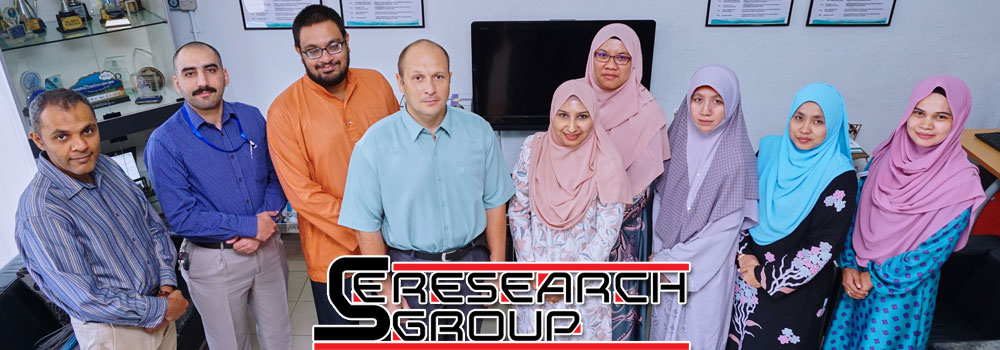
FACULTY OF COMPUTING
"Producing ICT Expert for the Industries and Market Needs"
"Train by the expert to fulfill ICT job demand"
Faculty of Computer Systems & Software Engineering was established on 16 February 2002 to produce knowledgeable, high skilled and competitive graduates within the sphere of software engineering, computer & computer network and graphics & multimedia. The faculty is currently among the best IT programme in Malaysia for its quality of education, soft skills and technology based skills.
INTRODUCTION
Faculty of Computer Systems & Software Engineering was established on 16 February 2002 to produce knowledgeable, high skilled and competitive graduates within the sphere of software engineering, system and computer network. At the beginning, the faculty had two fields which are Software Engineering and Networking.
The faculty has also embarked on research and development activities in the area such as information systems, software engineering, computer systems, communication systems, graphic and multimedia technology to produce technologies that are relevant to the needs of industries. Currently, the faculty has four research groups which are Network & Security, Modeling & Simulation, Data Mining & Knowledge Management and Graphic & Image Processing to support university’s focus groups (Manufacturing & Automotive and Chemical & Biotechnology).
The faculty emphasizes on the development and growth of its students’ enrolment and graduates. Through high quality teaching (by completing specific quality outcome and generic skills), great laboratories facilities, proper and careful advising and numerous professional activities, our students have opportunity to excel in the classroom and laboratory session. In a personable atmosphere, the students become well prepared in the term of software engineering knowledge and technical skills. Thus, they are ready and confident to begin their professional career or further their studies.
The faculty’s current planning is to be an ICT reference centre in Pahang to support the development of East Coast Economic Region (ECER), Malaysia. To realize this, many activities which involve industries and government sectors have been carried out.
VISION
To be a world class competency-based faculty in computer technology.
MISSION
We provide computer technology education, high-quality research and consultation in line with the needs of industries through excellent academic programs by providing a conducive environment to produce creative and innovative human capital.
PROGRAMMES OFFERED
- Diploma in Computer Science
- Bachelor of Computer Science (Software Engineering)
- Bachelor of Computer Science (Computer Systems & Networking)
- Bachelor of Computer Science (Graphics & Multimedia Technology)
- Master of Science (Computer Science)
- Master of Science (Software Engineering)
- Doctor of Philosophy (Computer Science)
Research Focus

Modern society in today’s digital era depends heavily on software in almost every aspect of daily life. In fact, whenever possible, most hardware implementation is now being replaced by the software counterparts. From the washing machine controllers, mobile phone applications to the sophisticated airplane control systems, the growing dependency on software can be attributed to a number of factors. Unlike hardware, software does not wear out. Thus, the use of software can also help to control maintenance costs. Additionally, software is also malleable and can easily be changed and customized as the need arises. With the advent of advancement in computer hardware technology, software applications grow tremendously in term of line of codes (LOCs) in order to cope with customer demands for new functionalities and innovations. In the old days, there is hardly any commercial software that is more than 15K LOCs. Nowadays, most commercial software typically has more than a million LOCs. For this reason, software development activities are increasingly difficult endeaur.
Addressing some of the aforementioned challenges, Software Engineering Research Group (SERG) has given strong focus on two main research areas namely Requirement Analysis and Design as well as Software Quality Assurances.
Requirement Analysis and Software Design
Requirements analysis and design play very important role in any software lifecycle. It is evident that early detection and correction of problems during requirements stage may result in high quality software at an appreciable cost savings. In this respect, SERG investigates relevant issues related to requirements quality problems that arise in any typical software applications such as inconsistency, incorrectness, incompleteness and ambiguity. Additionally, SERG also investigates requirements problems such as prioritization need, culture and communication issues that occur in global software development particularly on SME business domain. Finally, SERG also explores on sustainable design and high maintainability software that promote low cost solutions mainly through reusability of design patterns and architectural patterns.
Software Quality Assurances
As part of software quality assurances, software configuration management deals with managing of artefacts throughout software lifecycle. As the trend of software development are moving towards geographically dispersed software development teams (i.e. through recent advancement in cloud computing), software configuration management and becomes immensely difficult. For this reason, SERG is now looking into novel techniques and methodology to improve the current state-of-practice.
Apart for software configuration management and maintenance, software testing is also an important activity for software quality assurances. In a nut shell, software testing relates to the process of finding errors/defects and/of ensuring that a particular software of interest meets its specification. One of the key issues within software testing is on the generation of effective test data set for fault detection. Many useful test data generation strategies (e.g. boundary value analysis, cause and effect analysis, decision table, and equivalent partitioning) has been developed over the last 30 years. Although helpful, these strategies have not been sufficiently adequate to generate test data for detecting faults. Taking the aforementioned challenges, SERG strives to develop new strategies for software verification and validation. In particular, SERG is actively pursuing automated test generation for sequence and sequence-less configuration testing as well as for Modified Condition and Decision Coverage.

Group Leader
Dr. Mazlina Abdul Majid
Associate Professor
mazlina@ump.edu.my
09-5492468/2205
- Modelling & Simulation (Discrete Event & Agent Based Simulation)
- Software Agent
- Software Usability
- Information System/Retrieval
- Green Sustainability
- Educational Software

Dr. Kamal Zuhairi Zamli
Professor
kamalz@ump.edu.my
09-5492013/2233
- Software Testing
- Software Engineering
- Algorithms
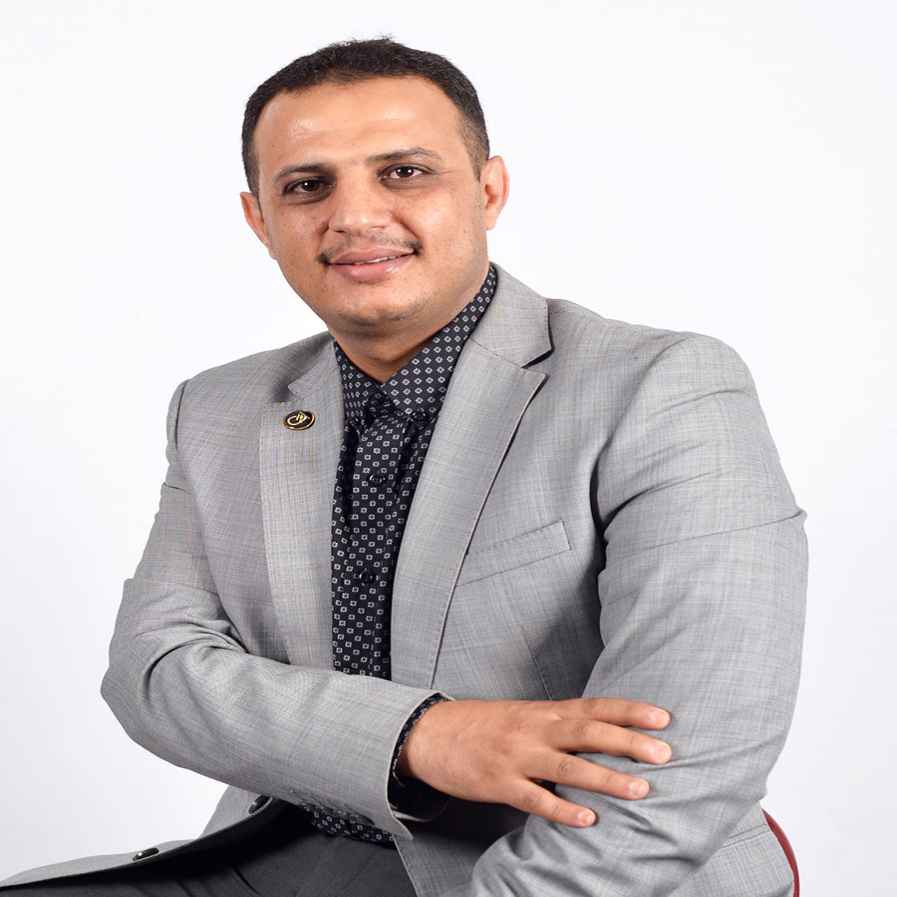
Ts. Dr. AbdulRahman Ahmed Mohammed Al-Sewari
Associate Professor
alsewari@ump.edu.my
09-5492244
- Optimization Algorithms
- Software Testing
- Soft Computing
- Metaheuristic Algorithms
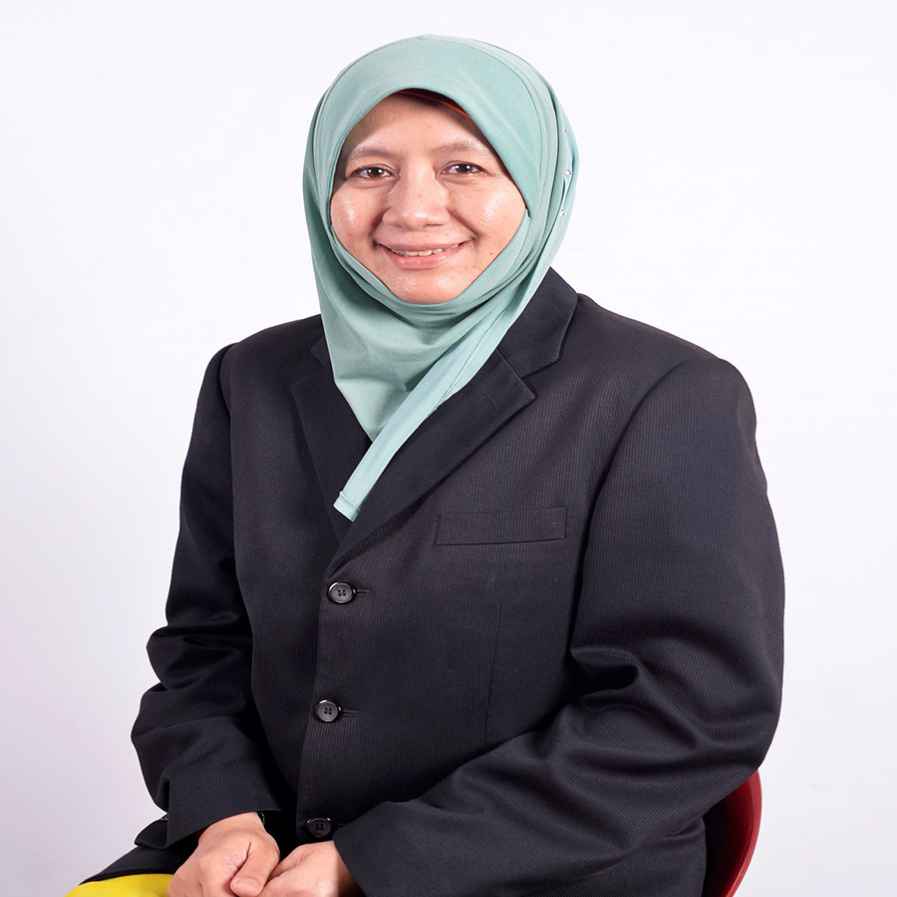
Dr. Rozlina Mohamed
Lecturer
rozlina@ump.edu.my
09-5492131
- Query processing
- Software requirement
- Software cost estimation
- Information System
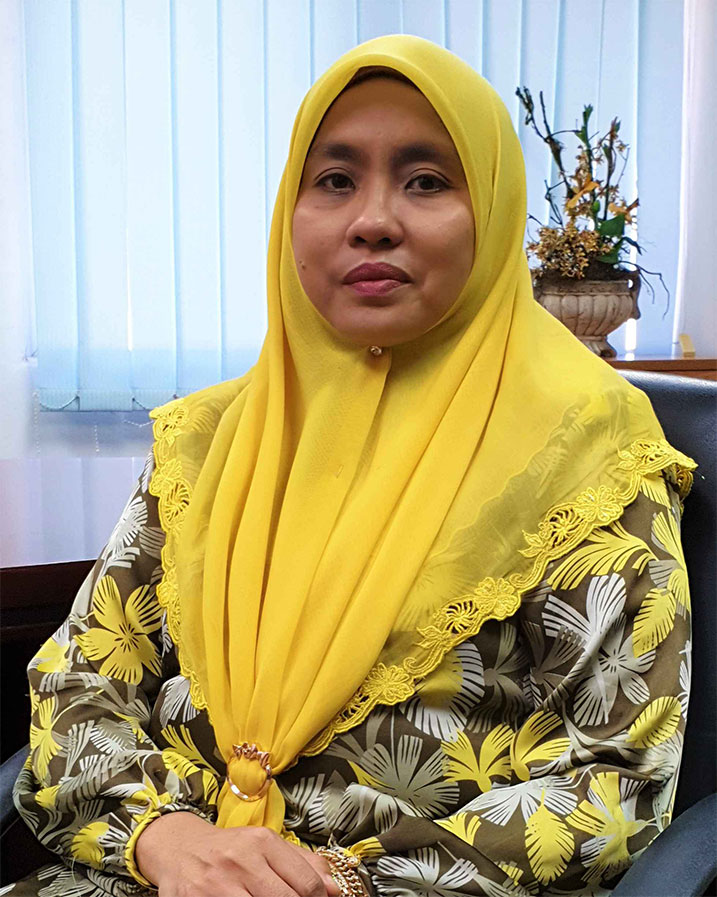
Dr. Fauziah Zainuddin
Senior Lecturer
fauziahz@ump.edu.my
09-4244647
- Requirement Engineering
- Information System
- Adaptive

Dr. Jamaludin Sallim
Senior Lecturer
jamal@ump.edu.my
09-5492152

Dr. Al-Fahim Mubarak Ali
Senior Lecturer
fahim@ump.edu.my
09-5492134
- Software Engineering
- Software Design and Maintenance
- Model And Code Clone Detection
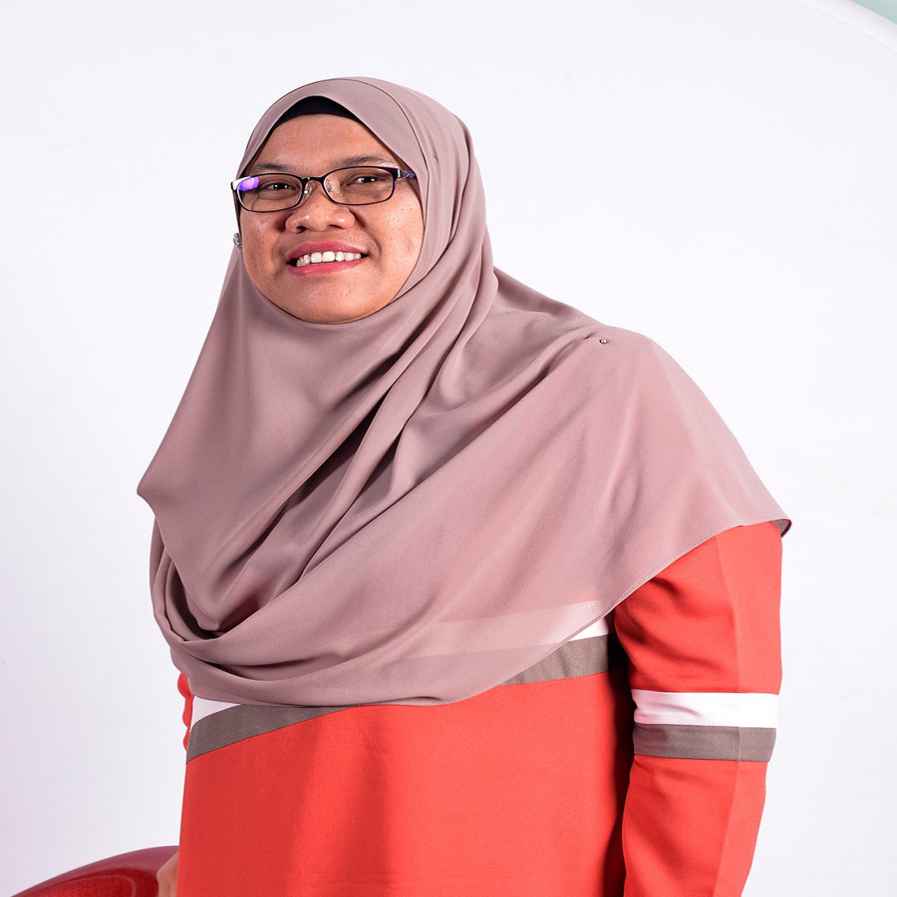
Azma Abdullah
Lecturer
azma@ump.edu.my
09-5492473
- Requirement Engineering
- Safety Critical Systems
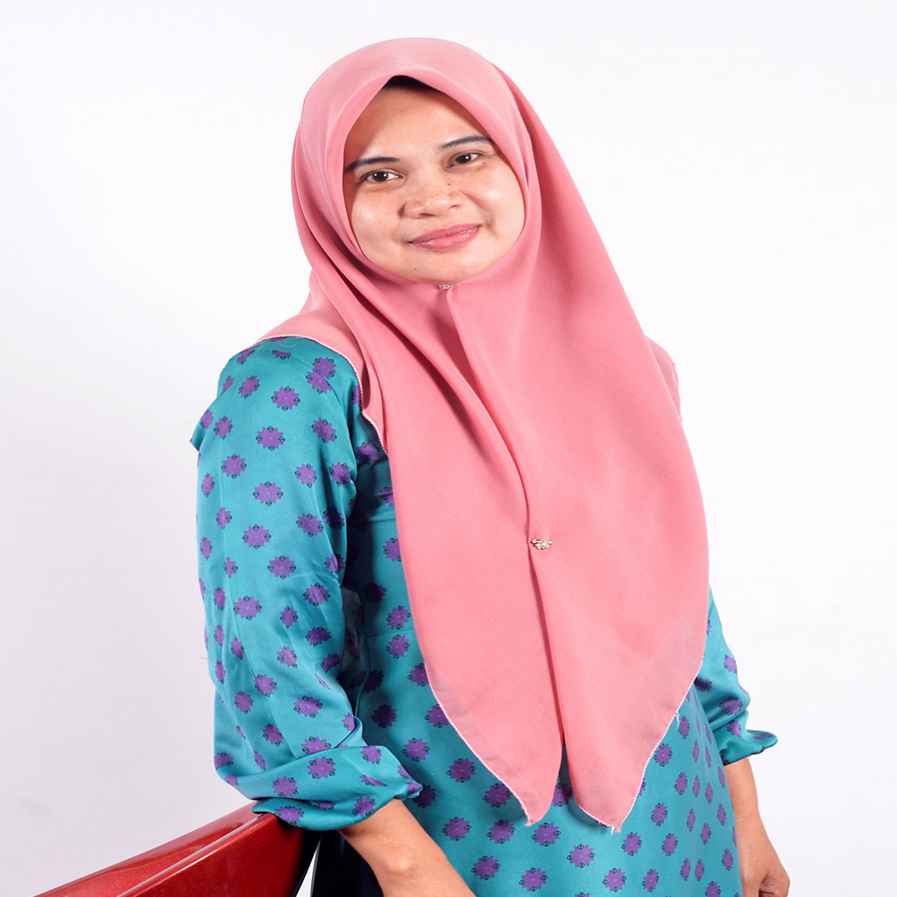
Roslina Mohd Sidek
Lecturer
roslinams@ump.edu.my
09-5492347
- Software Quality Assurance
- Software Testing
- Formal Methods
- Human Computer Interactions




Muhamad Idaham Umar Ong
Lecturer
idaham@ump.edu.my

